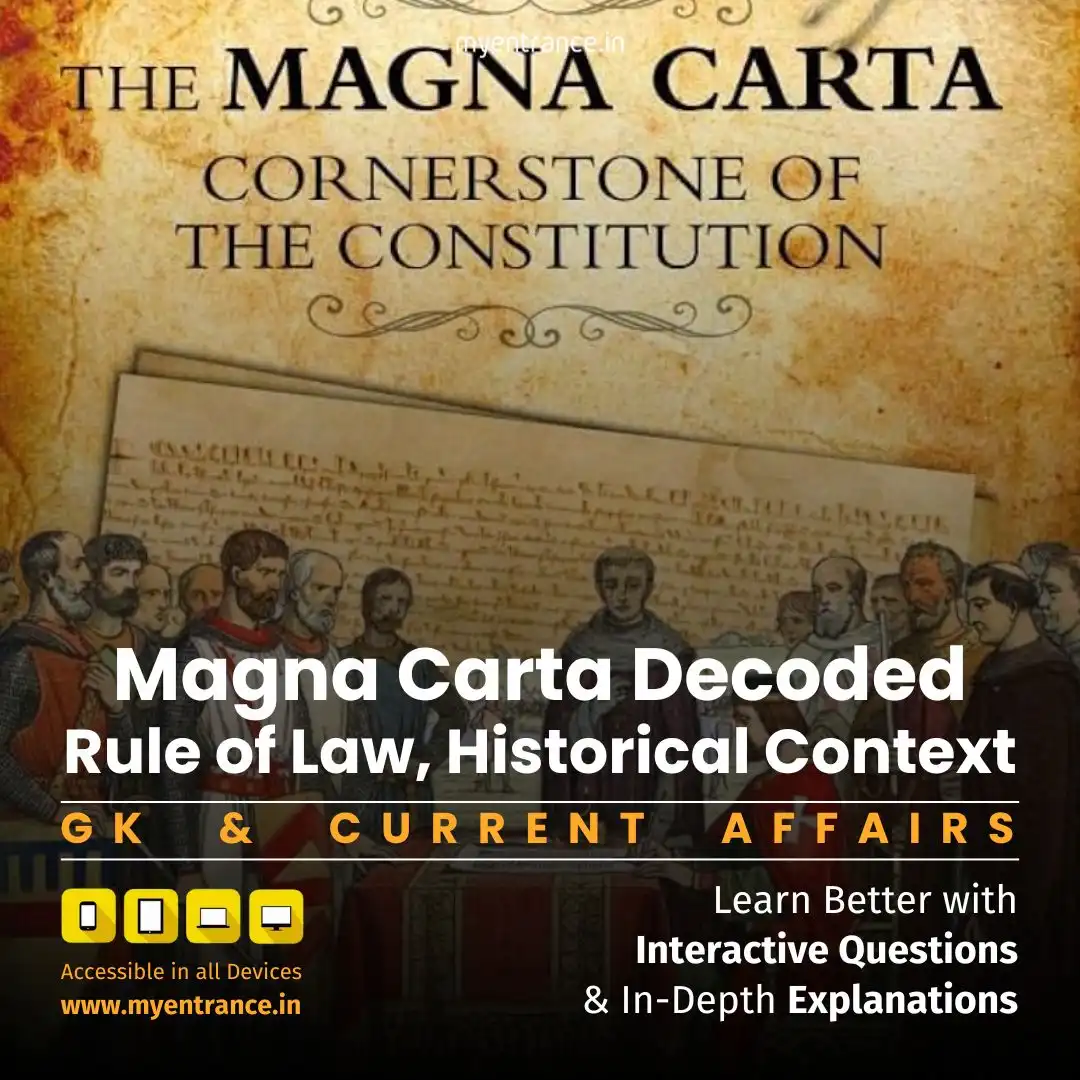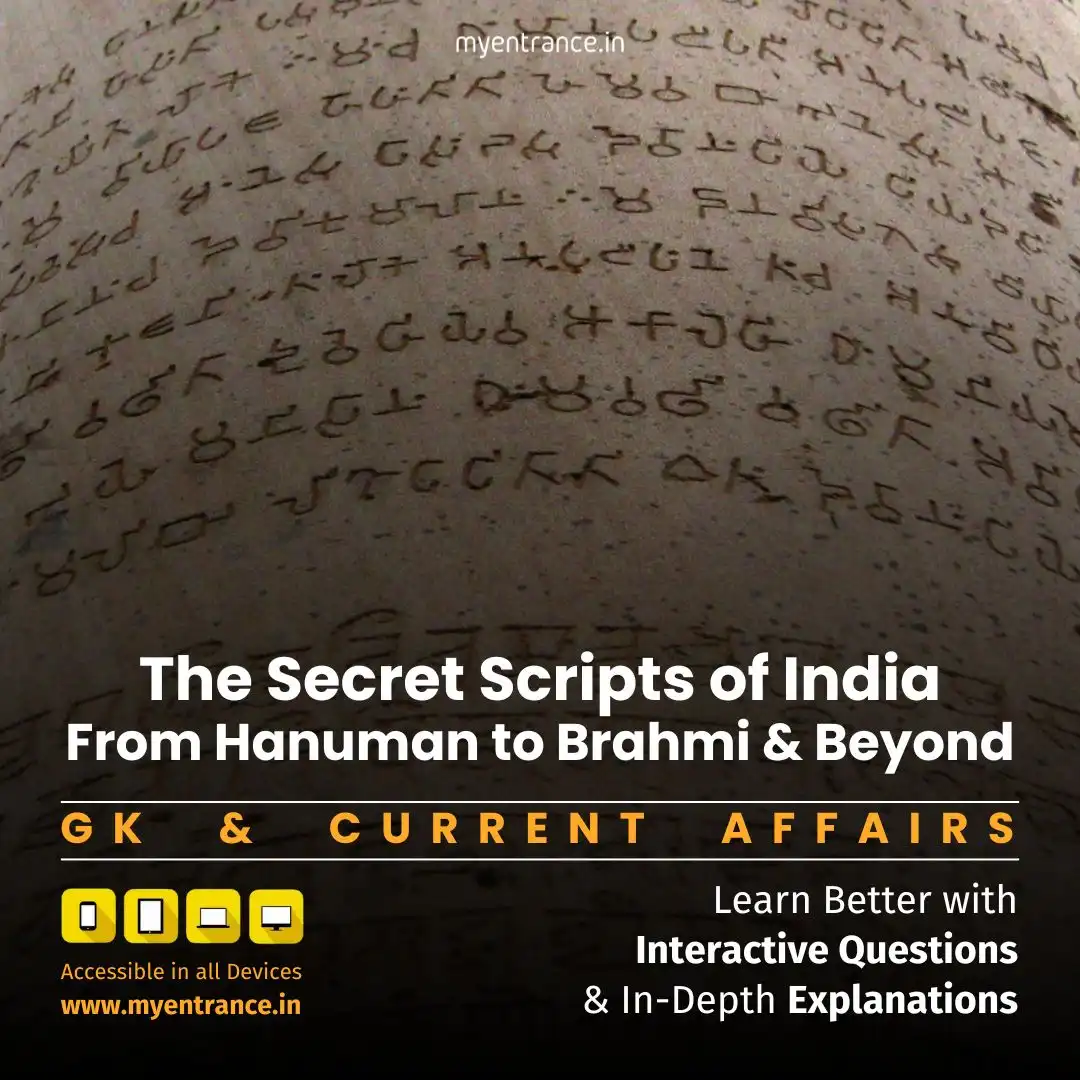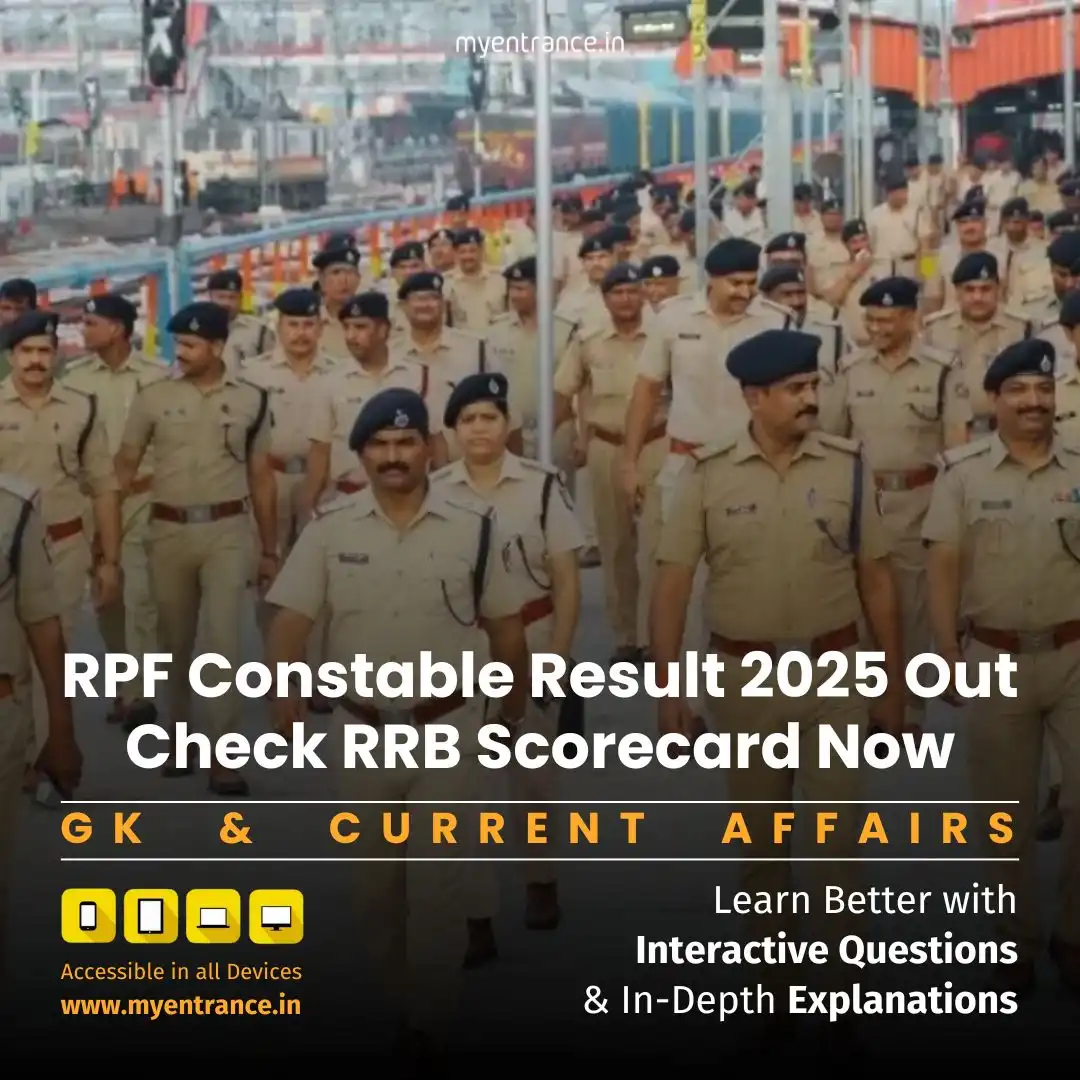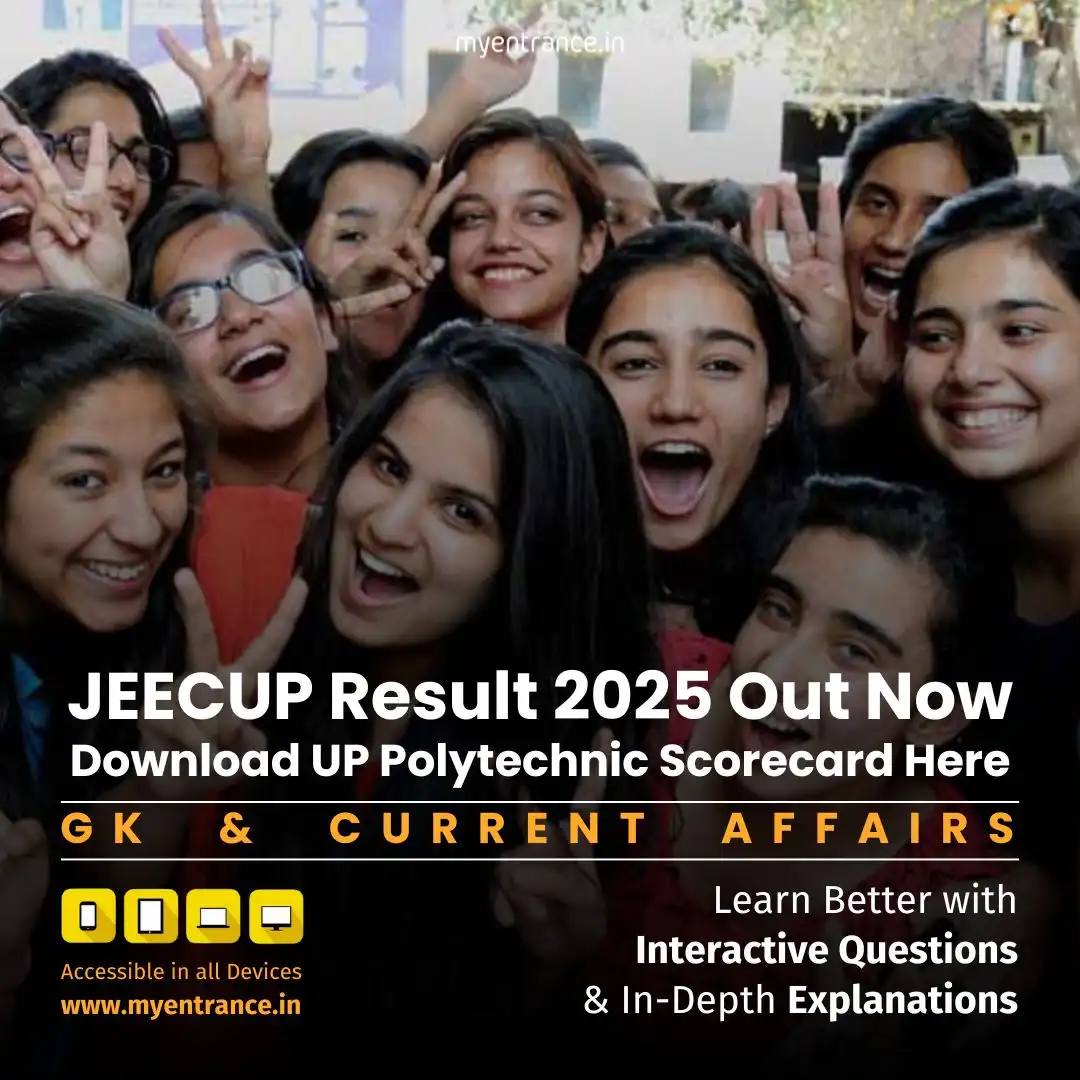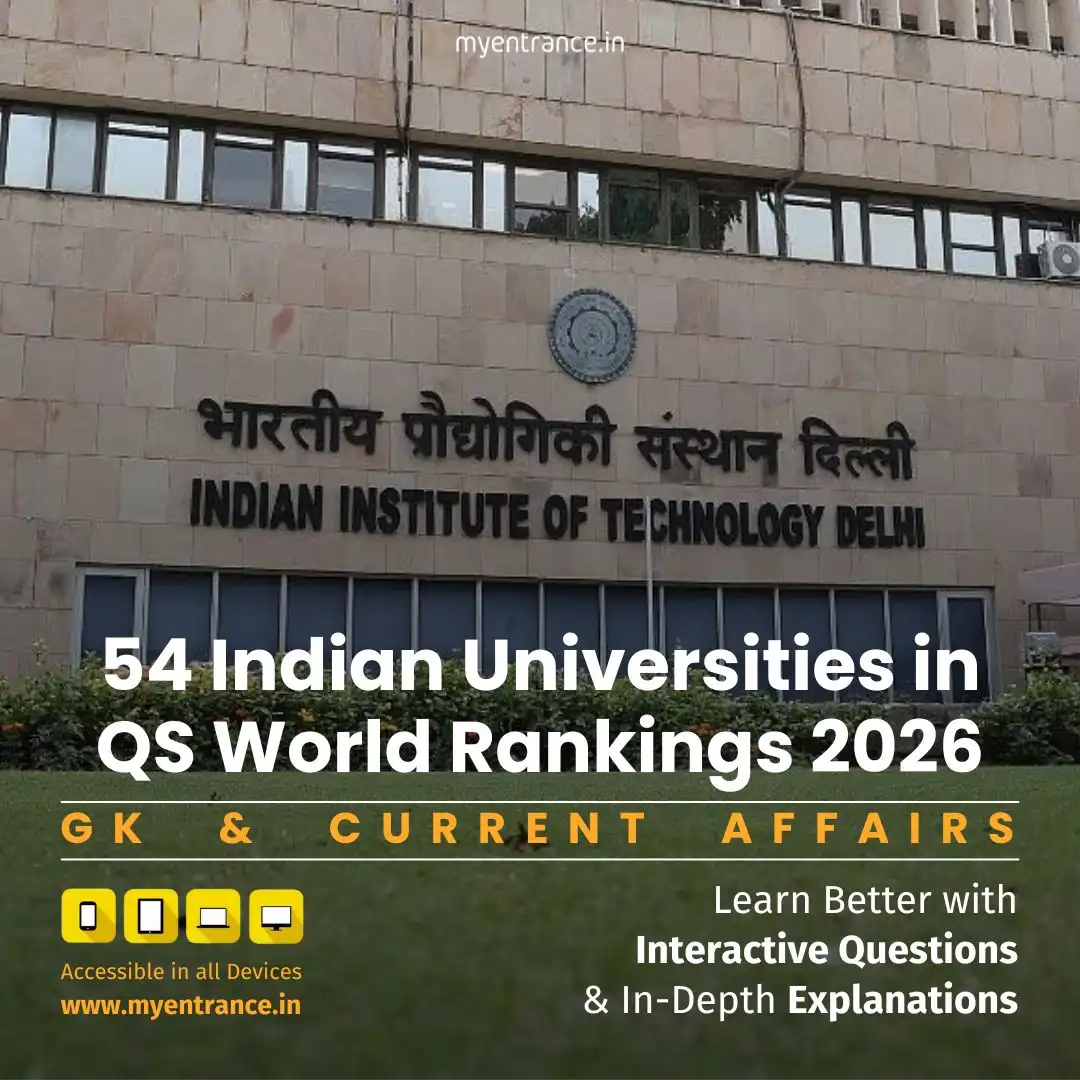Select Language
Justice Varma Cash Case: Judicial Accountability & Impeachment Process Explained
The discovery of unaccounted cash at Justice Yashwant Varma’s residence triggered a landmark judicial probe questioning judicial integrity. This case offers critical insights into India’s mechanisms for judicial accountability and constitutional safeguards.
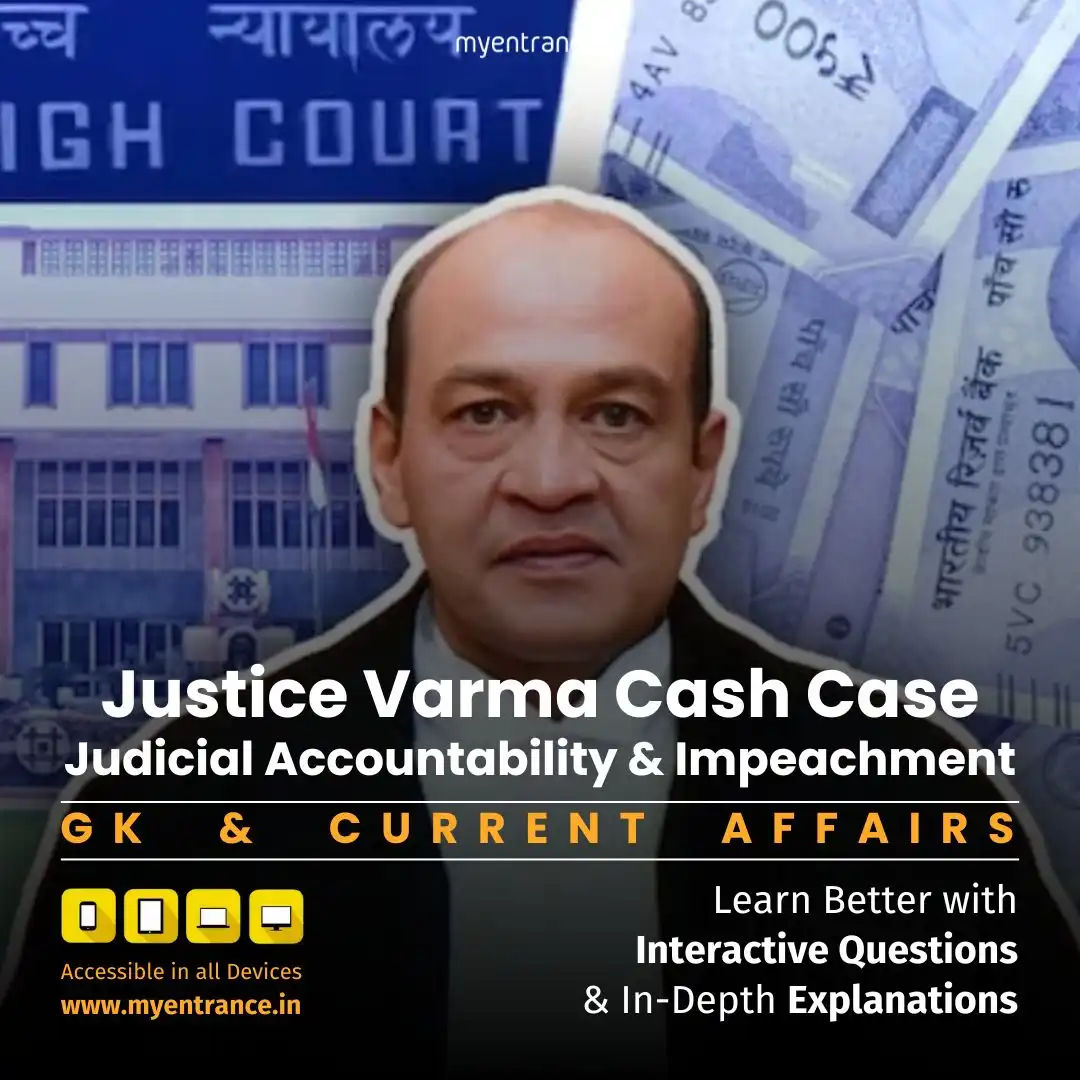
Justice Varma Cash Probe: A Test for Judicial Accountability
In a significant development for India’s judiciary, a three-member judge panel has held Supreme Court Justice Yashwant Varma responsible for “misconduct” after unaccounted cash was discovered at his official residence during a fire incident on March 14. The panel emphasized the “implied responsibility” of public servants to maintain premises free of suspicious materials, highlighting how such lapses erode public trust.
Why This Case Matters for Exams
Judicial Accountability: The probe underscores the delicate balance between judicial independence and accountability—a recurring theme in UPSC/State PSC GS Paper II.
Impeachment Process: The case demonstrates real-world application of constitutional provisions (Articles 124(4) & 218) for judge removal, crucial for polity sections of SSC/CGL and banking exams.
Institutional Integrity: The panel’s meticulous procedure—video-recorded witness statements and evidence sharing—sets a precedent for transparent inquiries.
Key Findings of the Panel
Justice Varma failed to prevent “suspicion in the eyes of the common man” by allowing unexplained cash on premises.
Contradictory statements emerged from Justice Varma’s private secretary, Rajinder Singh Karki, regarding cash discovery timelines.
While Delhi Police were criticized for “slipshod” investigation (no immediate panchnama), this fell outside the panel’s mandate.
Impeachment Process Initiated
The panel’s May 4 report to CJI Sanjiv Khanna led to its referral to the President and PM. The government is now preparing an impeachment motion for the Monsoon Parliament session. Removal requires:
Two-thirds majority of MPs “present and voting” in both Houses.
Votes in favour must exceed 50% of each House’s total membership.
Grounds limited to “proved misbehaviour” or “incapacity” (Article 124(4)).
Broader Implications
This case reignites debate on judicial appointments and political influence. Past impeachment attempts (like the 2018 motion against CJI Dipak Misra) have all failed, underscoring the high constitutional threshold for removal. For aspirants, it reinforces the importance of understanding:
The role of pressure groups in judicial accountability.
How executive-judiciary tensions manifest in India’s polity.
Why judicial independence remains vital for democracy.
Sample Q&A for Exam Aspirants
Q1: On what grounds can a Supreme Court judge be impeached?
A: Only for “proved misbehaviour” or “incapacity” under Article 124(4) of the Constitution.
Q2: What majority is required to impeach a judge?
A: Two-thirds of MPs present and voting in both Houses, provided votes exceed 50% of the House’s total membership.
Q3: Why is the Justice Varma case significant?
A: It tests India’s judicial accountability mechanisms and highlights the constitutional balance between judiciary independence and public trust.
Q4: Which articles govern the impeachment of High Court judges?
A: Article 218 applies the same procedure as Article 124(4) for Supreme Court judges.
Q5: Who constituted the panel probing Justice Varma?
A: A committee comprising Justice Sheel Nagu (P&H HC CJ), Justice G.S. Sandhawalia (HP HC CJ), and Justice Anu Sivaraman (Karnataka HC).
Most Predicted Questions
Comprehensive study materials, Expert-guided tips & tricks, Mock tests and instant results.
Start your SSC, NIFT, NID, FDDI, PSC journey today with MyEntrance, your ultimate online coaching platform.

